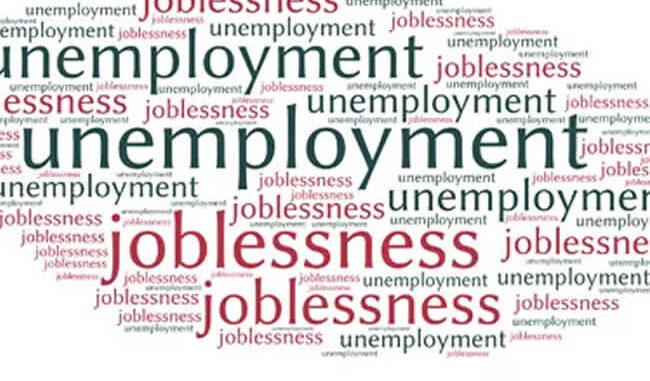
THE numbers from the National Bureau of Statistics’ latest employment survey are revealing. In its second-quarter labour force report for this year, the bureau asserted that 85.6 per cent of Nigeria’s workforce is self-employed, an increase from the 84 per cent reported in Q1.
It stated that the self-employment outlook was better in Q2 2023 at 88 per cent. There are more self-employed women than men, with a percentage ratio of 88.3 to 82. The NBS said there is a 94.3 per cent self-employment rate in rural areas, compared to 79.7 per cent in towns and cities.
The rural regions’ dominance over the urban areas is “largely due to the prevalence of agriculture and trade-related activities.”
A part of the NBS information is old news. The informal sector drives the global economy. SMEs are the biggest job creators and the stand-out contributors to GDP worldwide. About 90 per cent of all company entities in Asia are SMEs, generating between 50 and 80 per cent of all jobs. SMEs contribute 46 per cent of Singapore’s GDP. In Indonesia, it is 57 per cent.
The trouble with the NBS’ latest jobs survey is the lack of detail and context, and the fuzziness of its conclusions.
In truth, businesses are shutting down. The unemployment rate rose to 5.3 per cent in Q1 2024, up from 5.0 per cent in Q3 2023. However, the NBS data on self-employment does not provide clarity to the assertion.
What are these self-employed individuals producing in any significant quantity? Can the rewards from menial jobs pay their bills? Is the NBS equating roadside sellers and itinerant hawkers with SMEs?
In a country teeming with over 230 million people and where the educated are struggling to find jobs, citizens will sell anything to survive. Sheer necessity, rather than resilience, has pushed university graduates into jobs far beneath their status.
Some have become point-of-sale operators, some commercial motorcyclists commonly called okada, and others fry potatoes and yam on the roadside. Is this what the bureau calls growing self-employment?
What manner of self-employment is it that cannot earn the individual the N70,000 minimum wage a month, a paltry sum by any standard? What dignity is in these employments?
In a 2012-2013 economic census which found that most businesses in Egypt were SMEs employing fewer than 10 workers, street hawkers and farmers were excluded from the survey. This means that they were not SMEs.
By the CBN criteria, SMEs are businesses employing between 11 and 100 people with an asset base of between N5 million and N500 million, excluding land and buildings.
In South Africa, the employee count is fewer than 200 with a turnover of about R64 million. In Somalia, the employee count threshold is between 30 and 250 workers.
In these and other countries with robust SMEs, the government supports the informal business sector. There are challenges, however, such as difficulty in accessing credit.
In Nigeria, there are more hurdles. High energy cost is a constant headache over which even large firms have closed shop and people considering setting up SMEs shelved the idea. Complex registration processes, multiple taxation, inconsistent government policies, woeful infrastructure like bad roads, and insecurity create an unfavourable environment for SMEs.
The government should prioritise boosting the SMEs. It should provide soft loans for them at low interest rates and curb the challenges that have stifled the entire business environment.
It should interrogate the befuddling surveys by its statistics agency which may mislead it into thinking things are looking up in the job subsector.
END

Be the first to comment